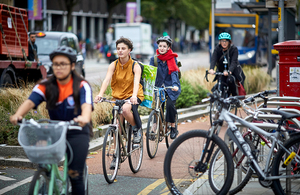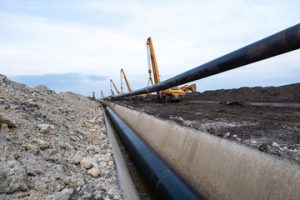Surrey councillors say they could stop TfL (Transport for London) putting signs on the county’s roads ahead of the planned ULEZ (Ultra Low Emissions Zone) expansion. Surrey County Council’s leader said the authority would “stand its corner” on the expansion “blindly going ahead” as he called for more conversation between the London Mayor’s office and the authority.
The ULEZ sees drivers of certain cars charged £12.50 per day to enter it, and is currently in place in central London where Transport for London (TfL) claims there has been a reduction in nitrogen dioxide pollution by nearly half.
The zone is set to cover all of greater London from August, meaning it will border Surrey in council areas such as Elmbridge, Epsom and Ewell, and Spelthorne.
But Councillor Matt Furniss (Conservative, Shalford), the county council’s cabinet member for transport, infrastructure and growth, told a cabinet meeting on Tuesday (January 31) that TfL would need a legal agreement with the council to put anything on the county’s roads.
Cllr Furniss said he had written to the Mayor of London and TfL, setting out the council’s “absolute disappointment” that the plan would go ahead without “meaningful conversation” on how Surrey residents would be affected. He said he had told officers to stop any discussions on the location of signs on the county’s roads until “a grown up conversation has happened between the two authorities on mitigating the disruption and the financial cost to Surrey residents.”
The council’s leader, Cllr Tim Oliver (Conservative, Weybridge), said “any conversation would be a good start” claiming there had been “no dialogue at all”. He told the meeting: “We do have the legal opportunity to prevent the Mayor of London putting signage on our highways and we will forcefully make that point to them. We will stand our corner on this.”
Surrey’s councils were given the chance to respond to a consultation on the ULEZ expansion in 2022, with Elmbridge, Tandridge and Spelthorne, among others, submitting responses. They called variously for a delay to the expansion, an expansion of the scrappage scheme offered to London residents to include Surrey car owners and the expansion of the zone 6 Oyster card zone.
Cllr Furniss said the county council had put forward ten points to TfL that should be considered if the scheme were to go ahead. These included exemptions for taxis and key workers, corridors to NHS facilities near the border and extensions to public transport into Surrey, among others.
The expansion is due to come into place from August 29 this year.
Related reports:
ULEZ will come to Epsom and Ewell borders






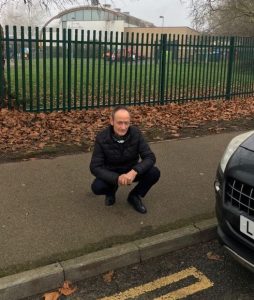
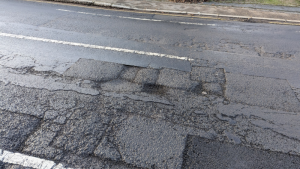
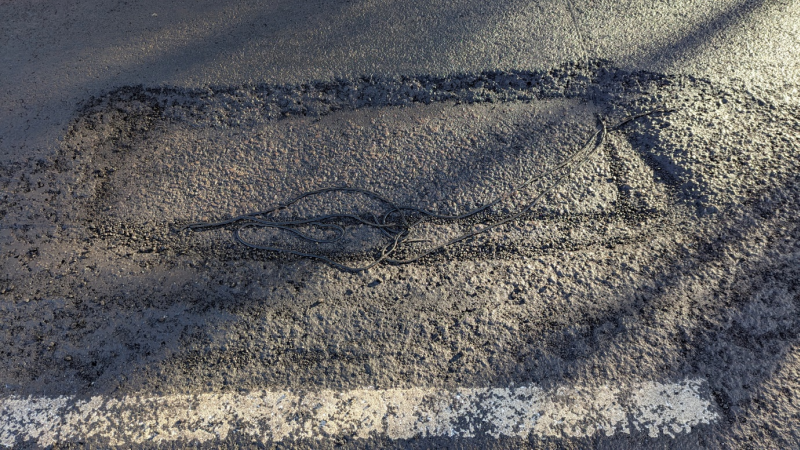
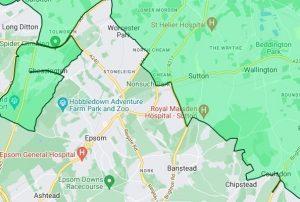
 Visit the interactive map to see if a postcode, location or landmark is in the expanded area.
Visit the interactive map to see if a postcode, location or landmark is in the expanded area. 

